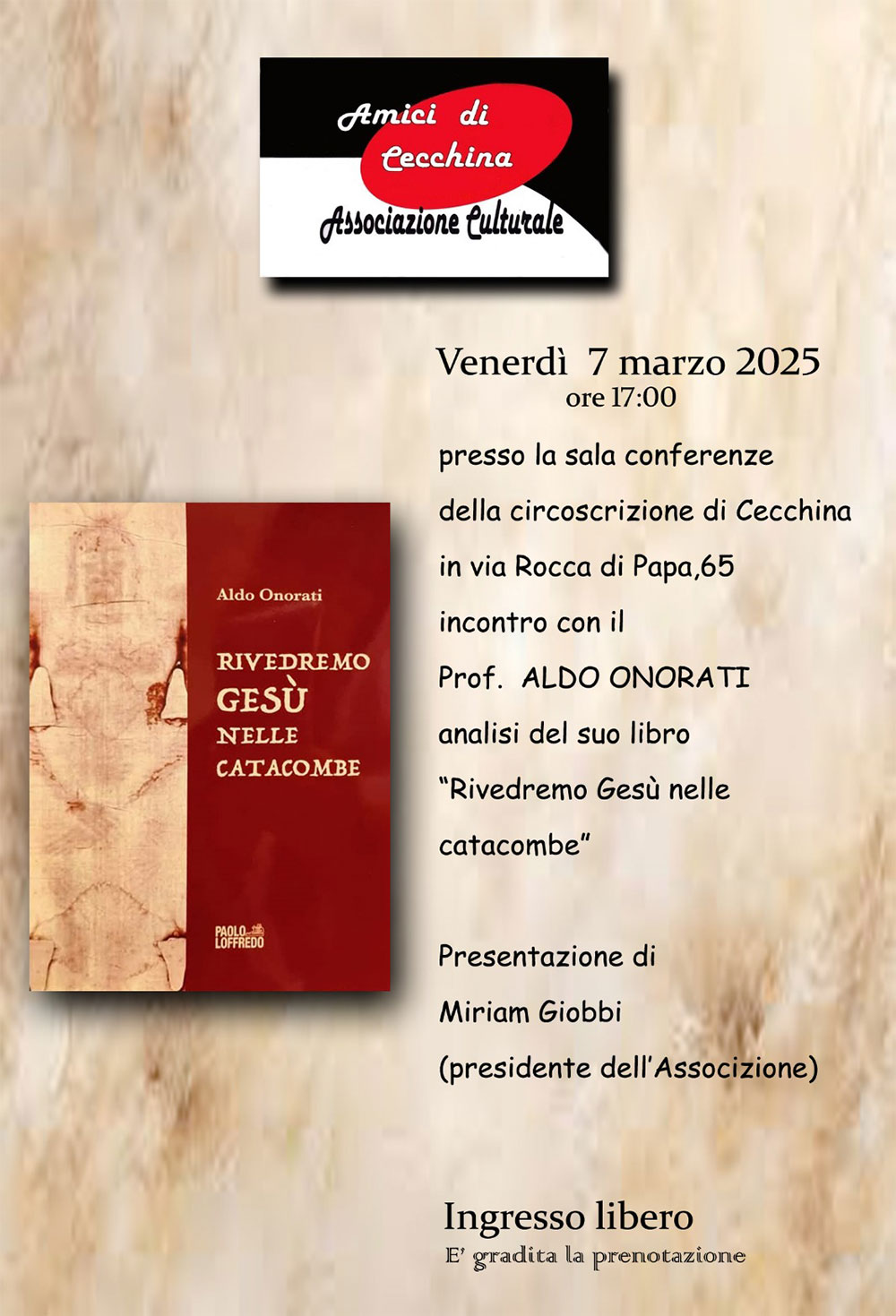 Paolo Loffredo, sixth generation of a large family of publishers and booksellers engaged in the production and distribution of books since the late nineteenth century, creates in 2012 the new editorial company Paolo Loffredo Editore. The historical site was until the '80s in the heart of the historic centre of Naples in Via San Biagio dei Librai, lower Decumano and also known as the SpaccaNapoli.
Paolo Loffredo, sixth generation of a large family of publishers and booksellers engaged in the production and distribution of books since the late nineteenth century, creates in 2012 the new editorial company Paolo Loffredo Editore. The historical site was until the '80s in the heart of the historic centre of Naples in Via San Biagio dei Librai, lower Decumano and also known as the SpaccaNapoli.
At the beginning of the twentieth century, Giuseppe Loffredo decided to add book selling to the book production, which definitively imposed itself after World War II with the publication of manuals for the University and for the School that succeeded in establishing themselves soon throughout Italy.
LAST EVENT
"Rivedremo Gesù nelle catacombe"
07 Marzo 2025 - Sala Conferenze circoscrizione di Cecchina - via Rocca di Papa 65, Albano Laziale (RM) - ore 17,00

La Rivincita degli sfigati di Bagnoli
Language: Italian
Publisher: Paolo Loffredo Editore Srl

Description
Viandante senza tempo
“LA RIVINCITA DEGLI SFIGATI DI BAGNOLI” is, as one can imagine, the sequel of my detective novel “I dinamici sfigati di Bagnoli”, a tribute to the policemen in the investigation team in a peripheral district of Naples, Bagnoli, under the command of the superior Inspector Gennaro Varriale. There will obviously be new elements taking place in their stories and in the narrated events. It has the same features of the first novel: various intersecting and difficult to solve cases which are narrated through the “serial” technique (the first case is only solved eventually) and in a form which could be defined dialogued and expressive due to the slang jokes which are able to create emotions and suspense such as hilarity, humorism and irony.
Anyway, there are two important news characterising this novel: the events are also a way of highlighting the features and habits of the district itself, “not in disposal” but “decommissioned” and “impatiently waiting for something which is not coming and who knows if it will”. In the end, it shows fear, anxiety and concern about the lockdown from Covid-19.



